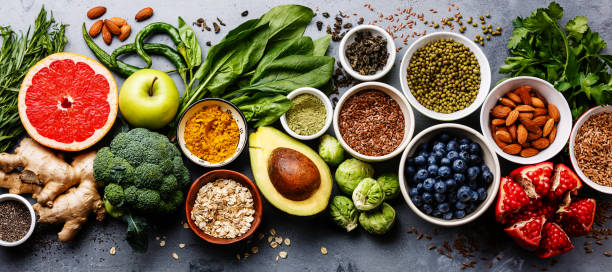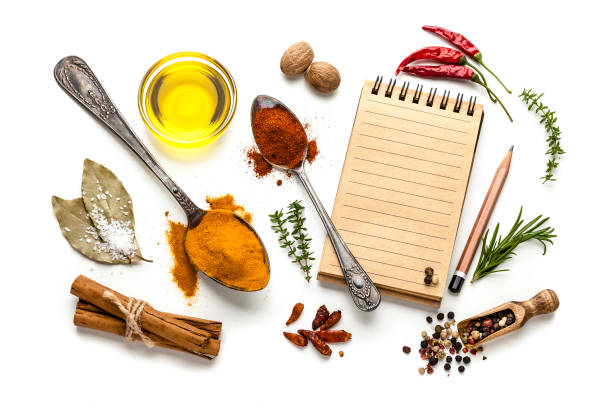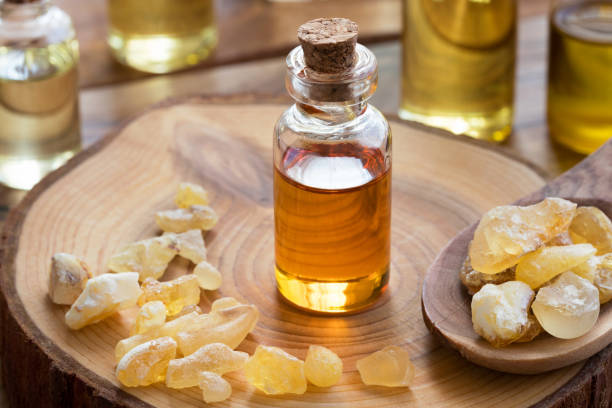Alternative Treatments
What Else Can You Take For Inflammation Besides Ibuprofen
Are you tired of using ibuprofen to treat your inflammation? If so, you are not alone. Many people are looking for alternate ways to relieve inflammation without the potential negative effects of drugs. Fortunately, there are a variety of natural therapies and lifestyle adjustments that can help reduce inflammation and boost overall health.
In this article, we’ll look at some alternatives to ibuprofen that can be used alongside or instead of it. We will give you with a thorough guide to naturally treating inflammation, including food changes, supplements, exercise, and stress management approaches.

Understanding Inflammation and Its Causes
Inflammation serves as a fundamental biological response, intricately woven into the body’s defense mechanism against injury or infection. Its role in the healing process is indispensable, orchestrating a symphony of cellular and molecular events aimed at neutralizing harmful agents and restoring damaged tissues. The acute manifestation of inflammation is a sign that the body’s immune system is diligently at work, mobilizing its resources to combat threats and facilitate recovery.
However, when inflammation persists beyond the scope of its initial purpose, transitioning into a chronic state, it can pose a significant risk to overall health. The insidious nature of chronic inflammation is implicated in various medical conditions, acting as a contributing factor to the development and progression of diseases such as heart disease, diabetes, arthritis, and even certain neurological disorders.
A multitude of factors can contribute to the onset and perpetuation of chronic inflammation.

The Drawbacks of Relying Solely on Ibuprofen for Inflammation
While ibuprofen is a common over-the-counter anti-inflammatory medicine, it does have certain downsides.
- Prolonged usage of ibuprofen can cause stomach distress, ulcers, and even kidney damage.
- Furthermore, ibuprofen merely gives transient comfort and does not treat the root cause of inflammation.
By relying entirely on ibuprofen, we may be concealing symptoms rather than treating the underlying cause. This is why looking into natural ways to manage inflammation is critical for long-term health and fitness.
Natural Remedies for Inflammation

Anti-Inflammatory Diet and Foods to Include
Changing your diet is one of the most effective strategies to naturally reduce inflammation. An anti-inflammatory diet emphasizes eating complete, nutrient-dense foods high in antioxidants and omega-3 fatty acids. These foods help to reduce inflammation in the body and promote overall wellness.
- Fruits, vegetables, fatty fish, nuts, seeds, and healthy fats such as olive oil and avocados are all important components of an anti-inflammatory diet.
- Processed foods, sugary snacks, and refined grains, on the other hand, should be reduced or avoided because they might contribute to inflammation.

Herbs and Spices with Anti-Inflammatory Properties
Herbs and spices have been utilized for ages for their therapeutic characteristics, particularly their ability to alleviate inflammation.
Turmeric, ginger, cinnamon, and garlic are just a few herbs and spices with strong anti-inflammatory properties.
These can be readily added into your diet or taken as supplements to help regulate inflammation naturally. Including these delectable components in your dishes not only improves the taste but also aids your body’s healing process.

Essential Oils for Reducing Inflammation
Essential oils are popular for their medicinal advantages, and many of them include anti-inflammatory characteristics.
Lavender, chamomile, eucalyptus, and peppermint are among the most effective essential oils for decreasing inflammation.
These oils can be applied physically or inhaled via diffusers to alleviate inflammation. To avoid skin sensitivity, essential oils should be used appropriately and diluted with carrier oils.

Supplements for Managing Inflammation
In addition to dietary adjustments, several supplements can help reduce inflammation.
Omega-3 fatty acids, curcumin, and Boswellia extract are among the most commonly utilized supplements for their anti-inflammatory properties.
These supplements operate by inhibiting the synthesis of inflammatory markers in the body while supporting a healthy inflammatory response. However, before starting any new supplements, you should contact with a healthcare practitioner to ensure that they are safe and appropriate for your specific needs.

Lifestyle Changes to Reduce Inflammation
Aside from food changes and supplements, lifestyle adjustments can be quite effective in lowering inflammation. Regular exercise, stress management strategies, and adequate sleep are all necessary to maintain a healthy inflammatory response.
Physical activity not only reduces inflammation but also promotes general health. Finding and implementing enjoyable activities into your daily routine will help you manage inflammation naturally.
Stress is another element that can lead to persistent inflammation. Meditation, deep breathing exercises, and yoga can all assist to reduce stress and promote a better inflammatory response.
Finally, focusing on quality sleep is critical for general health and inflammation management. Aim for 7-8 hours of unbroken sleep per night to help your body repair and recover.

Alternative Therapies for Inflammation Relief
In addition to the aforementioned natural cures, there are other therapies that help reduce inflammation.
Acupuncture, massage treatment, and chiropractic care have all been demonstrated to reduce inflammation and improve overall health.
These therapies stimulate the body’s inherent healing systems and restore balance. However, you should contact with a skilled practitioner to confirm the therapy is appropriate for your unique circumstances.
Conclusion
Finally, relying entirely on ibuprofen for inflammation alleviation may not be the most effective long-term strategy. Exploring natural alternatives and adopting lifestyle changes can help you control inflammation and enhance overall wellness.
There are numerous choices for supporting your body’s healing process, including an anti-inflammatory diet and the use of herbs, spices, and essential oils. Supplements and alternative therapies can also help to relieve inflammation and augment your natural approach to managing it.
Remember that every person’s body is different, and what works for one may not work for another. It’s always a good idea to talk with a healthcare practitioner before making any major adjustments to your present regimen. Begin your search for safe and effective inflammation management alternatives, and you might just discover a natural treatment that changes the way you approach inflammation relief.


